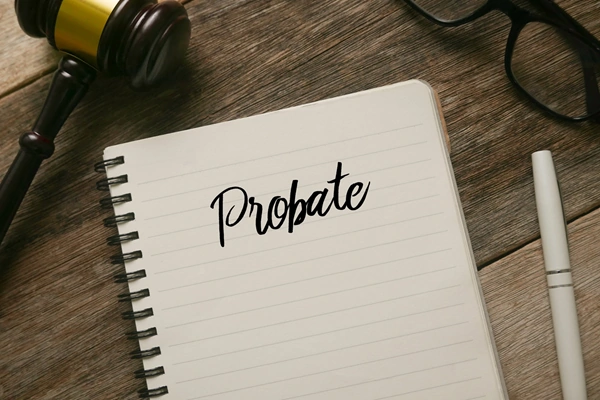After someone passes away, a legal process known as probate manages and distributes their estate in accordance with their wishes (as outlined in their will) or, if no will exists, the rules of intestacy; this crucial step guarantees the proper handling of the deceased person’s assets and the settlement of their debts.
In the UK, probate can often be a complex and time-consuming process, making it beneficial to seek legal guidance from experienced solicitors like Marley Solicitors to ensure everything is managed efficiently and accurately.
The probate process: A step-by-step guide
The probate process generally involves several key steps:
- Locating the Will The first step in probate is to determine whether the deceased had left a valid will. A will specifies how the individual wanted their assets distributed, and it also names the executor(s) responsible for managing their estate. In the absence of a will, the intestacy rules, a strict legal order of inheritance, govern the distribution of the estate.
- Applying for the Grant of Probate If a valid will exists, the executor(s) named in the will must apply for a ‘Grant of Probate’. This is a legal document that gives the executor(s) the authority to access and distribute the deceased’s assets. If there is no will, close relatives must apply for a similar document called ‘Letters of Administration’.
- Valuing the Estate One of the most crucial steps in the probate process is valuing the deceased’s estate. This includes calculating the total worth of all assets, such as property, bank accounts, investments, personal possessions, and pensions, while also accounting for any outstanding debts, such as mortgages or credit card balances. The estate valuation helps determine whether inheritance tax (IHT) is payable.
- Paying Inheritance Tax (IHT) Inheritance Tax may be payable on estates worth more than the current threshold (known as the nil-rate band), which is £325,000 for the 2024/2025 tax year. IHT charges at 40% on the amount above £325,000 if the estate’s value exceeds this threshold. There are certain reliefs and exemptions, such as the “residence nil-rate band”, that can reduce the tax burden. Before distributing the estate, the executor(s) must ensure the calculation and payment of IHT.
- Settling Debts After paying inheritance tax (if applicable), the next step is settling any outstanding debts owed by the deceased. This may include mortgages, utility bills, loans, and credit card balances. After settling debts, the beneficiaries can receive the remaining assets.
- Distributing the Estate After settling all liabilities, the executor(s) can start distributing the estate to the beneficiaries according to the will. If there is no will, the intestacy rules determine who inherits.
When is probate required?
Probate is generally required in cases where the deceased owned substantial assets, such as property or savings, in their sole name. However, it may not always be necessary, particularly in the following situations:
- Jointly owned property or bank accounts typically transfer directly to the surviving co-owner(s).
- Estates with minimal assets, where financial institutions are willing to release funds without requiring a Grant of Probate.
It is important to note that probate is a formal legal process, and failing to follow the correct procedures could lead to complications or disputes among beneficiaries.
How long does probate take?
The length of the probate process can vary depending on the complexity of the estate. Often, simple estates with few assets and no disputes settle within six months. However, larger estates with significant assets, overseas property, or disputes among beneficiaries may take much longer, sometimes over a year.
How Marley Solicitors can help
At Marley Solicitors, we understand that the probate process can be emotionally challenging, especially following the loss of a loved one. Our team of experienced probate solicitors is here to provide clear guidance and practical support every step of the way.
We offer assistance with:
- Advising on the validity of wills
- Applying for the Grant of Probate or Letters of Administration
- Estate valuation and inheritance tax calculations
- Settling debts and distributing assets
- Handling disputes between beneficiaries or executors
- Managing estates with overseas assets
You can trust Marley Solicitors to handle your loved one’s estate with care, efficiency, and professionalism by entrusting us with the probate process.
Conclusion
Probate is a vital legal process that ensures the proper administration of a deceased person’s estate. While it can be complex, understanding the key steps and requirements can make the process more manageable. Whether you are an executor managing a loved one’s estate or a beneficiary seeking clarity, seeking legal advice from probate experts is invaluable.
Marley Solicitors is committed to helping clients navigate the probate process with compassion and expertise. Contact us today to learn more about how we can support you during this difficult time.



